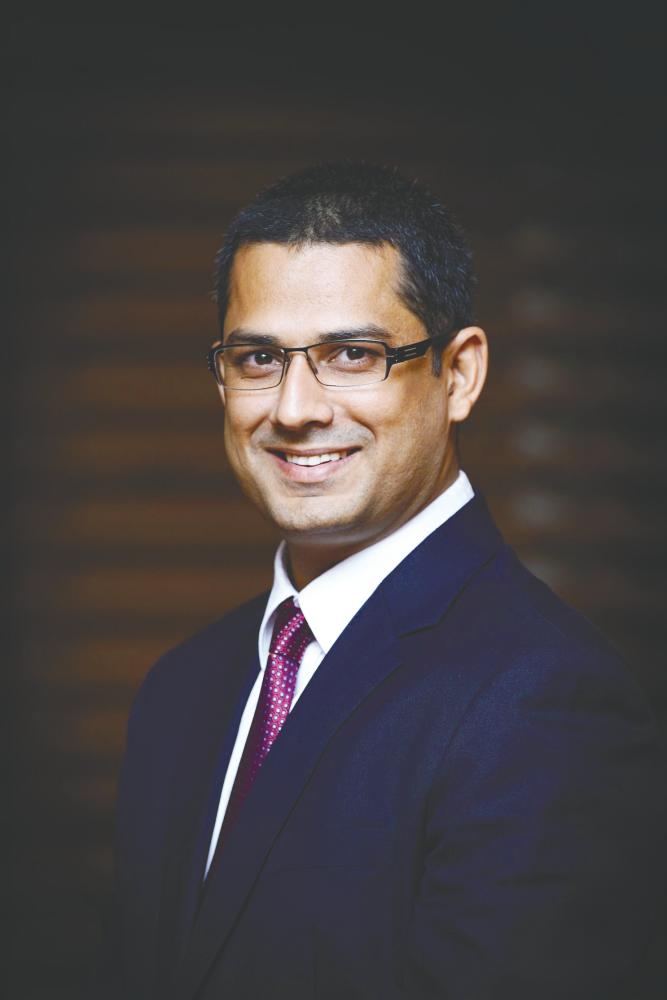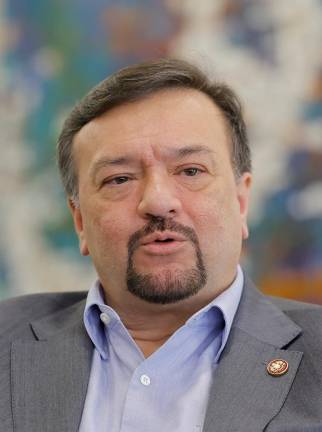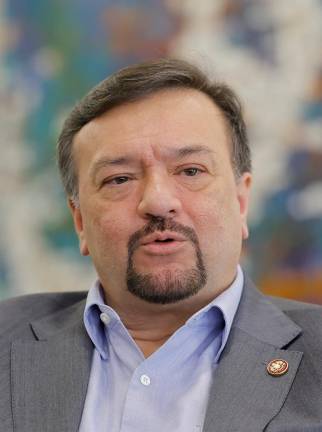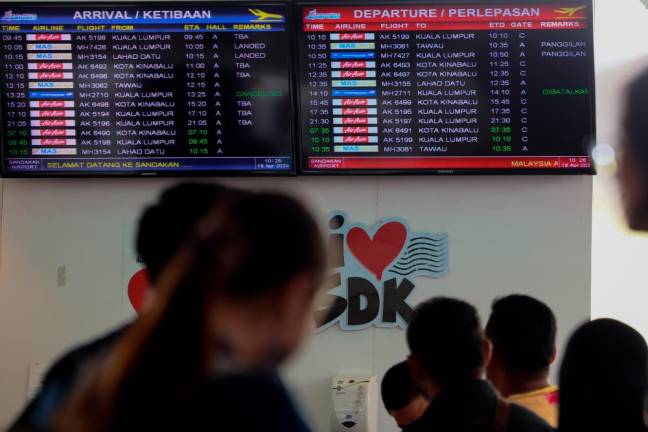PETALING JAYA: The Covid-19 pandemic has led affluent Malaysian consumers to be more future-focused in their priorities, according to a Standard Chartered survey.
Nearly half or 48% of the emerging affluent, affluent and high net worth respondents surveyed have set a new financial goal of a more comfortable retirement, followed by 43% of Malaysians setting the goal to improve their health.
To meet the new goals, the bank stated that the affluent needs new strategies to grow their wealth, which often involves more proactive investment rather than just saving cash. However, their current ‘confidence gap’ has made many increasingly averse to risk, potentially stopping them from putting their money to work through investing or making use of digital tools that simplify wealth management.
In reaching their goals, the survey found the emerging affluent in Malaysia suffered a relatively higher loss of confidence, with 54% reporting less confidence. For high net worth consumers, the loss of confidence is relatively lower at 48% but it is still significant. A majority of the affluent in Malaysia stand to lose out if they do not have the support to rebuild their confidence.
For the affluent across the wealth spectrum in Malaysia, the three most common factors impacting their confidence were volatility in financial markets (36%), fear of poor returns on investments (32%) and hesitancy or uncertainty around committing to investment decisions (27%).
Standard Chartered pointed out that a late start to retirement planning, combined with the pandemic-induced “confidence gap”, leaves a significant proportion of affluent consumers at risk of a shortfall for their retirement.
It noted that 28% of Malaysians do not currently save/invest for retirement. For those who do, investment income (55%) and cash savings/deposits (45%) are the most common expected sources of income in retirement. At the same time, 50% plan to retire before the age of 65 and in the last 18 months, 19% have set the new financial goal of retiring earlier. This shows a disconnect between current actions and future expectations if a confidence gap is holding them back from investing.
Globally, the bank stated that 94% of investors who had tried more than five new investments or investment strategies reported being happy with their finances. Whether it is diversifying into new asset classes, new investment strategies to rebalance their portfolios, or exploring sustainable investing, the survey revealed that more hands-on investors are happier with their finances.
This trend is mirrored in Malaysia where a strong majority (87%) of those who have made five or more changes to their portfolios following the pandemic are happy with their finances.
Standard Chartered Malaysia head of consumer private & business banking Sammeer Sharma (pix) believes when it comes to financial planning, inaction can be costly.
“This is evidenced by our most recent findings which demonstrate investors who have prudently explored new ways to manage their money are reaping the rewards. Whether it’s managing their finances better to save more or investing savings into diversified asset classes, investors who are more involved in the decision making process are more comfortable with their finances.”
On this matter, Sammeer sees the affluent investors in Malaysia appear to be headed in the right direction, with nine out of 10 investors managing their finances better. He opined that the next step is to offer them the right investment advisory along with diversified wealth solutions to help them meet their goals.













